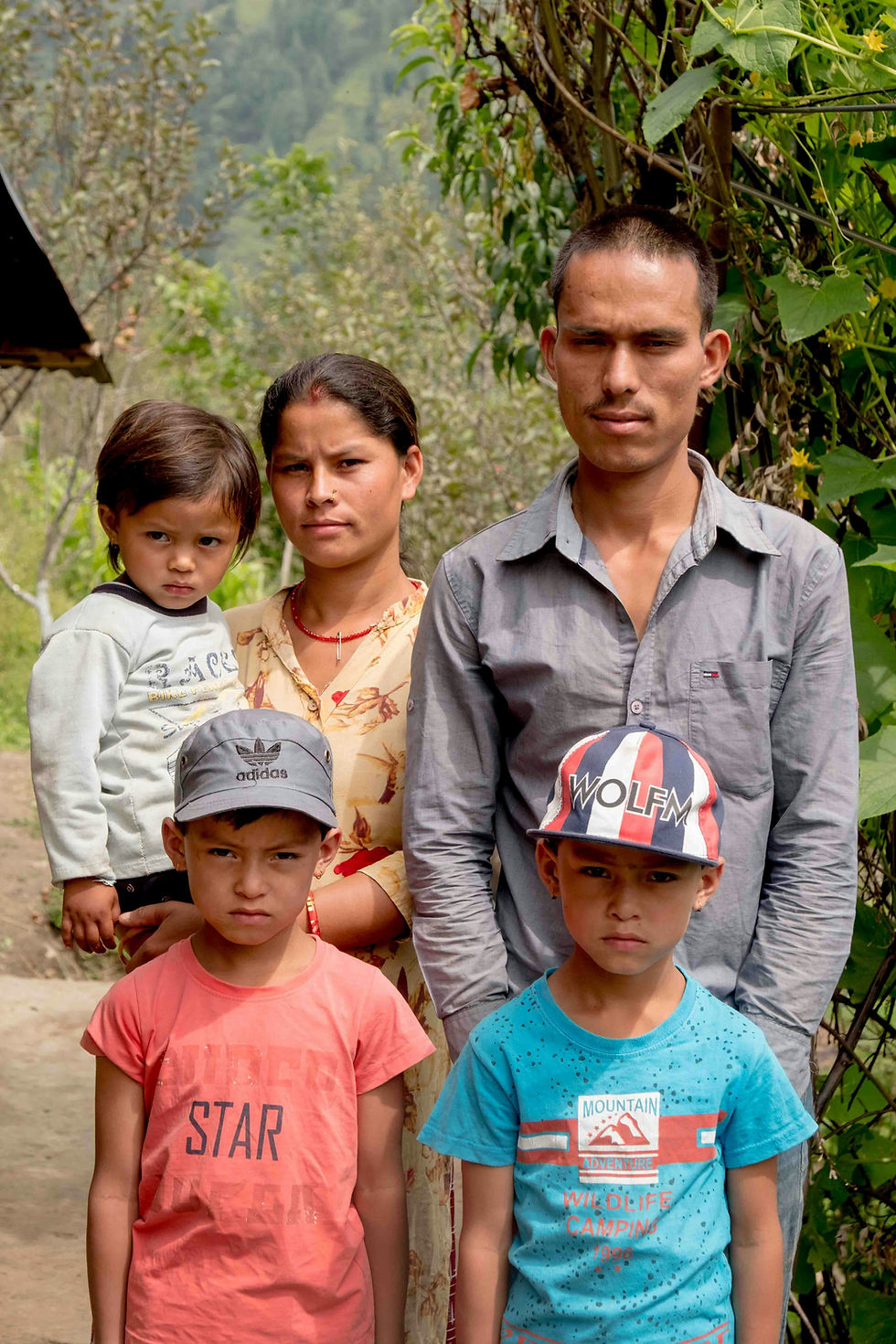The Value Divide: Rebuilding Society through Compassion and Cooperation
- National Prevention Science Coalition

- Oct 6, 2024
- 3 min read
Updated: Oct 16, 2024
October 7, 2024
Opinion; By Anthony Biglan and Diana Fishbein

Political discourse in this country seldom explicitly justifies its arguments based on values. Yet virtually all our political differences are rooted in values.
Decades of research on human behavior have pinpointed distinct value orientations that shape our world view. Evolutionary biologist David Sloan Wilson labels one set of values as “Prosocial.” These values emphasize compassion, cooperation, the promotion of collective well-being, and a commitment to community. On the other hand, social psychologist Tim Kasser identifies a contrasting set of values, termed “Materialism,” that prioritizes the pursuit of personal wealth, status, and self-interest.
In the first half of the 20th century, we witnessed considerable movement promoting values of cooperation and caring for others. The result was a prosperous society with the largest middle class of any country. But a dramatic shift occurred beginning in the 1970s with free market advocacy prioritizing materialistic values. The argument was that if individuals simply pursued the maximization of their wealth, it would, “like an invisible hand”, benefit everyone.
It is true that market competition often contributes to improved products and services that benefit many people. (If you do not believe that markets can make that kind of contribution, you should turn in your cell phone.) However, an individual’s singular pursuit of wealth and fame does not inherently benefit society. Over the last 50 years, the dominance of self-aggrandizing values has hollowed out the middle class, produced the highest levels of economic inequality in 100 years, and contributed to one of the highest levels of child poverty of any developed nation.
It is in this context that we see a tug-of-war between parties dominated by one or the other of these value orientations without either side explicitly articulating the values upon which their political views are founded.
To determine which of these two value orientations best represent your own views, think about the following policy options. Do you favor:
Free and reduced lunch for children who would otherwise not eat all day?
Childcare that allows parents to work and support their families?
Common sense gun laws that ensure children aren’t murdered in their classrooms?
Fighting climate change to protect the lives of future generations?
Providing free college tuition for low-income students?
Laws that prevent discrimination against any individuals or groups?
Well-trained teachers that ensure our children receive the best possible education?
Women being able to make decisions about their own bodies?
People who largely support these policies place a high value on compassion and caring for others. And here’s a bonus — evidence shows that people who embrace these values are more likely to have caring and fulfilling relationships with others, and to be happier and healthier.
Regardless of whether you are a Republican, Democrat or Independent, support for policies that foster the wellbeing of others is an expression of your values. It is a commitment of loyalty to your community and your nation. It builds the order and stability that benefits everyone. And it cultivates the development of leaders we need in the next generation. So, it behooves us all to talk openly about our most deeply held values and compare them to those espoused by our political representatives.
Anthony Biglan is a Senior Scientist at Oregon Research Institute, the President of Values to Action, author of The Nurture Effect and Rebooting Capitalism: How We Can Forge a Society That Works for Everyone, and board member of the National Prevention Science Coalition to Improve Lives.
Diana Fishbein is a Senior Scientist at the University of North Carolina-Chapel Hill, Part-time Faculty at The Pennsylvania State University, and President of the National Prevention Science Coalition to Improve Lives.
This opinion piece can also be found at: https://tonybiglan.medium.com/the-value-divide-rebuilding-society-through-compassion-and-cooperation-ff8f82bbac2d




Comments